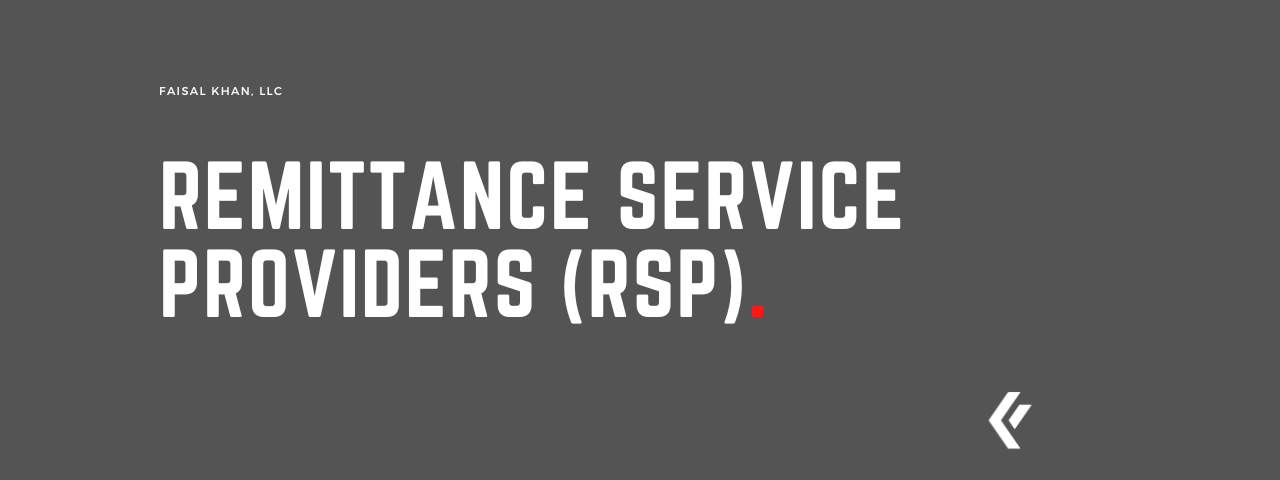A remittance service provider is a company or organization that facilitates the transfer of money from individuals or businesses to recipients in other countries. This can include banks, money transfer operators (MTOs), and other financial institutions. Remittance service providers are not the same as money transfer operators or money services businesses, although they may offer similar services.
One thing that sets remittance service providers apart is their focus on facilitating cross-border money transfers for individuals or households. This is in contrast to money transfer operators or money services businesses that may also focus on other types of transactions such as business payments or online commerce.
Remittance service providers typically offer a variety of services to their customers, such as wire transfers, online money transfers, and mobile money transfers. They may also offer cash pick-up services and other options for recipients to receive the transferred funds. Their customers are usually individuals such as migrant workers, international students, or expatriates, who are sending money back to their home countries to support their families and communities.
Remittance service providers are subject to a range of regulations, depending on the country in which they operate. In the United States, for example, they are regulated by the Financial Crimes Enforcement Network (FinCEN) and may also be subject to state-level regulations. They are also subject to know-your-customer (KYC) and anti-money laundering (AML) regulations. To ensure compliance, remittance service providers are required to implement internal controls, maintain records, and report suspicious activity.
In summary, a remittance service provider is a company or organization that facilitates the transfer of money from individuals or businesses to recipients in other countries, with a focus on cross-border money transfer for individuals or households. They offer a variety of services to their customers and are subject to regulatory compliance to prevent illegal activities such as money laundering.
—
This page was last updated on January 14, 2023.
–

